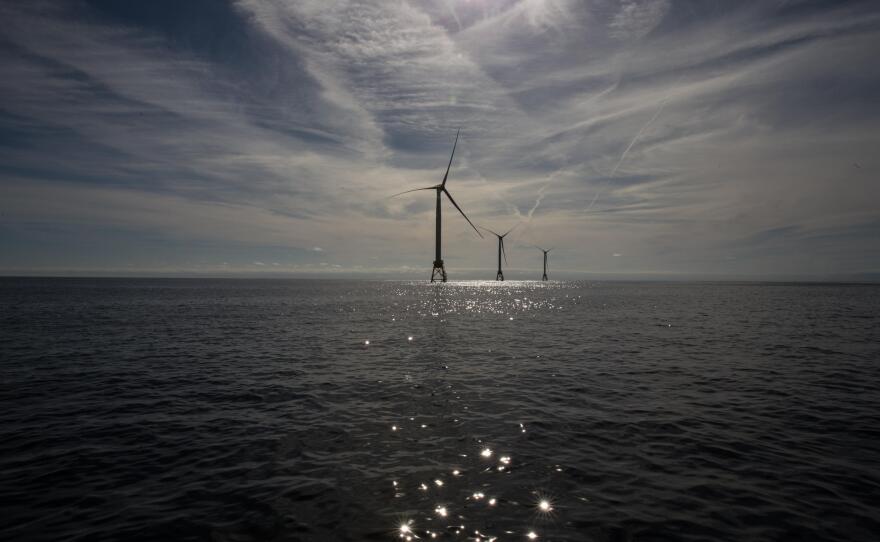Connecticut has joined nine states for a landmark agreement to reduce carbon emissions from transportation in the Northeast region.
This hour, as the federal government backs away from fighting climate change, what role can states play?
Our region has successfully lowered its carbon output by 40 percent below the levels from a little over a decade ago. But is Connecticut investing enough today in emerging renewable technologies to keep that momentum going?
We also find out the most impactful changes you can make this year to reduce your carbon footprint.
Join the conversation on Facebook and Twitter.
GUEST:
- David Abel - Environmental Reporter for the Boston Globe (@davabel)
- Dr. Emily Lewis - Senior policy analyst for the Acadia Center in Hartford; she focuses on offshore wind and the electrification of buildings and transportation (@elewisobrien)
- Seth Wynes - Ph.D. candidate at University of British Columbia, studying climate change mitigation (@WynesSeth)
READING LIST:
Boston Globe: In landmark agreement, Mass., eight other states vow to cut transportation emissions (David Abel, December 2018) – “Under the agreement, announced Tuesday, the states, which extend as far south as Virginia, have one year to develop a framework that caps the region’s overall transportation emissions and requires fuel distributors in those states to buy pollution permits for some of the carbon they produce.”
New England News Collaborative: An Auction For Wind Lots Off The Massachusetts Shore Breaks Records (December 2018) – “A wind power auction for three plots of ocean off of the coast of Massachusetts broke a record last week for the highest price ever paid in a U.S. wind lease auction. But just three years ago, in 2015, those same lots were up for auction and didn’t sell. So what changed in the past three years?”
CBC: Don't think you can make a difference in the climate crisis? Meet some experts who say you're wrong (Interview with Seth Wynes, November 2018) - "’A trap that a lot of people fall into is they'll do one small action and think, “I do my recycling every week. Now I can take that long distance vacation over the ocean,"’ Wynes said. ‘It's much more important to get the big things right.’"
Chion Wolf contributed to this show.







